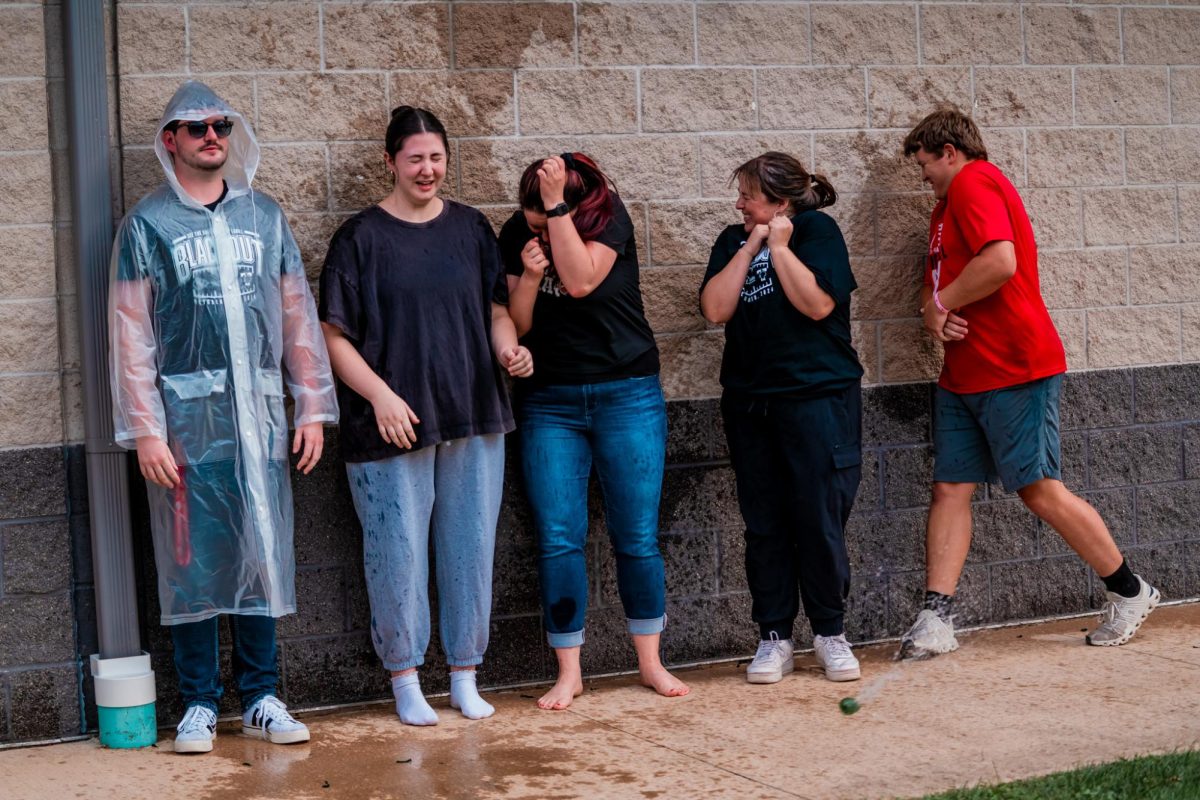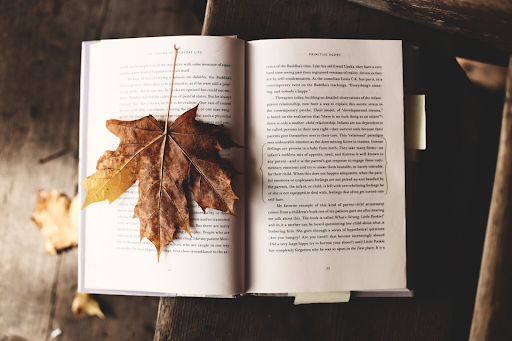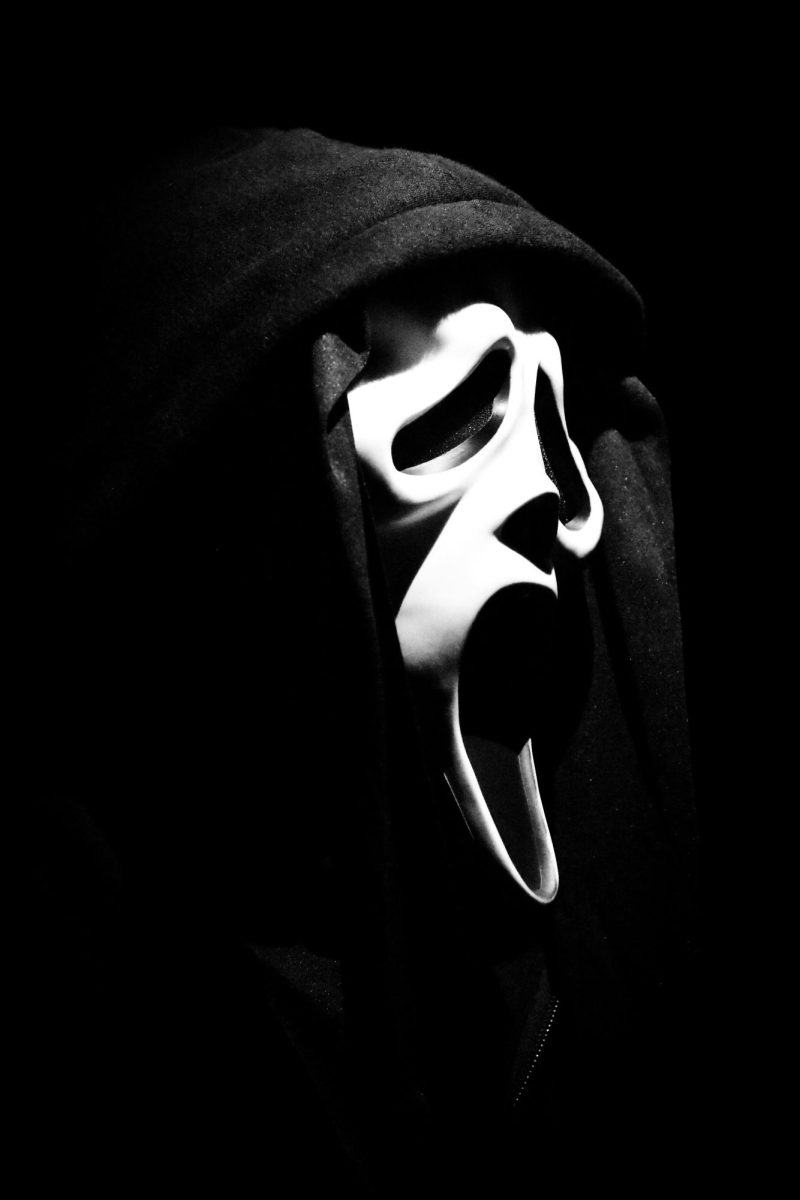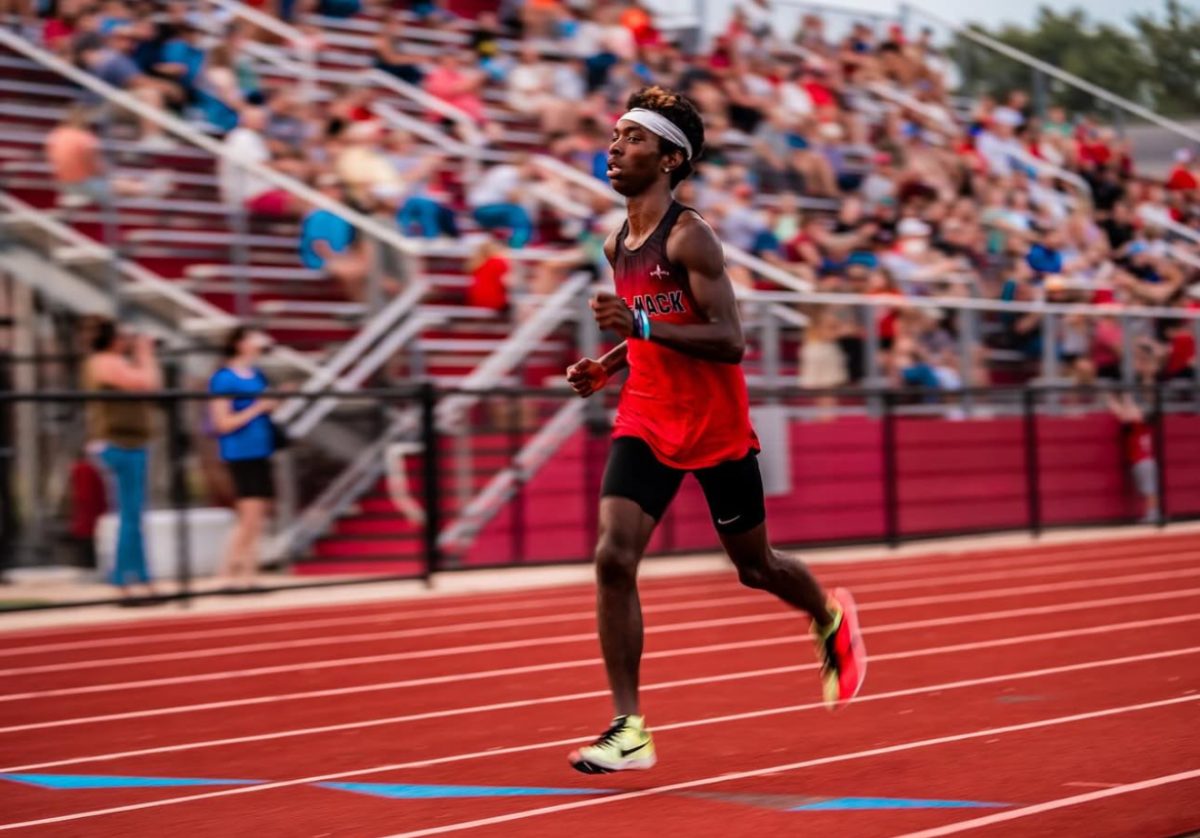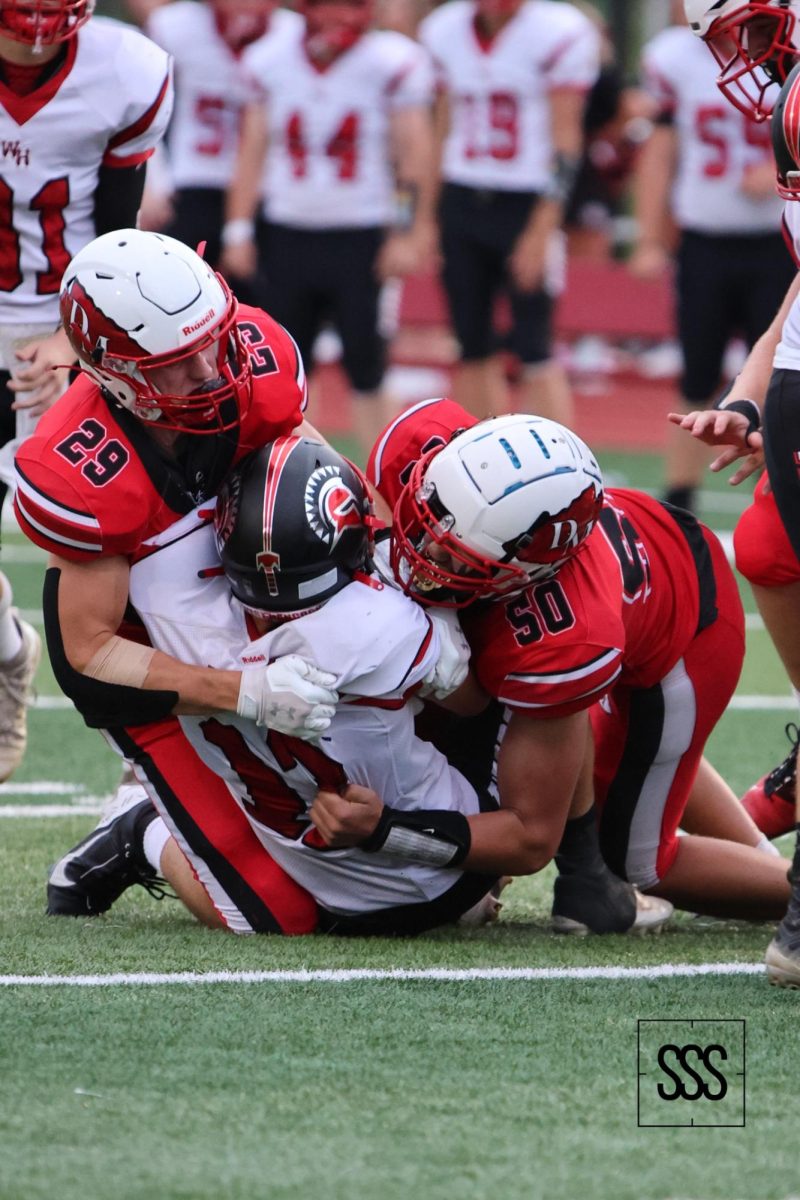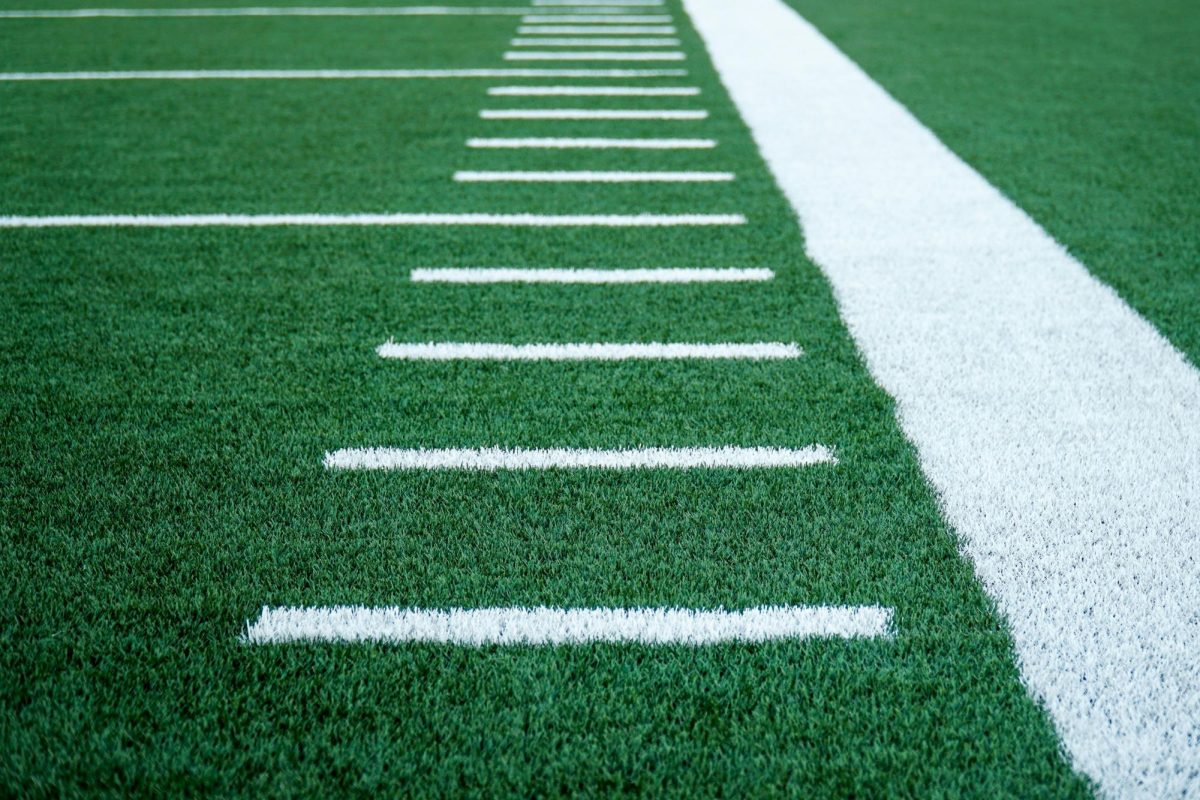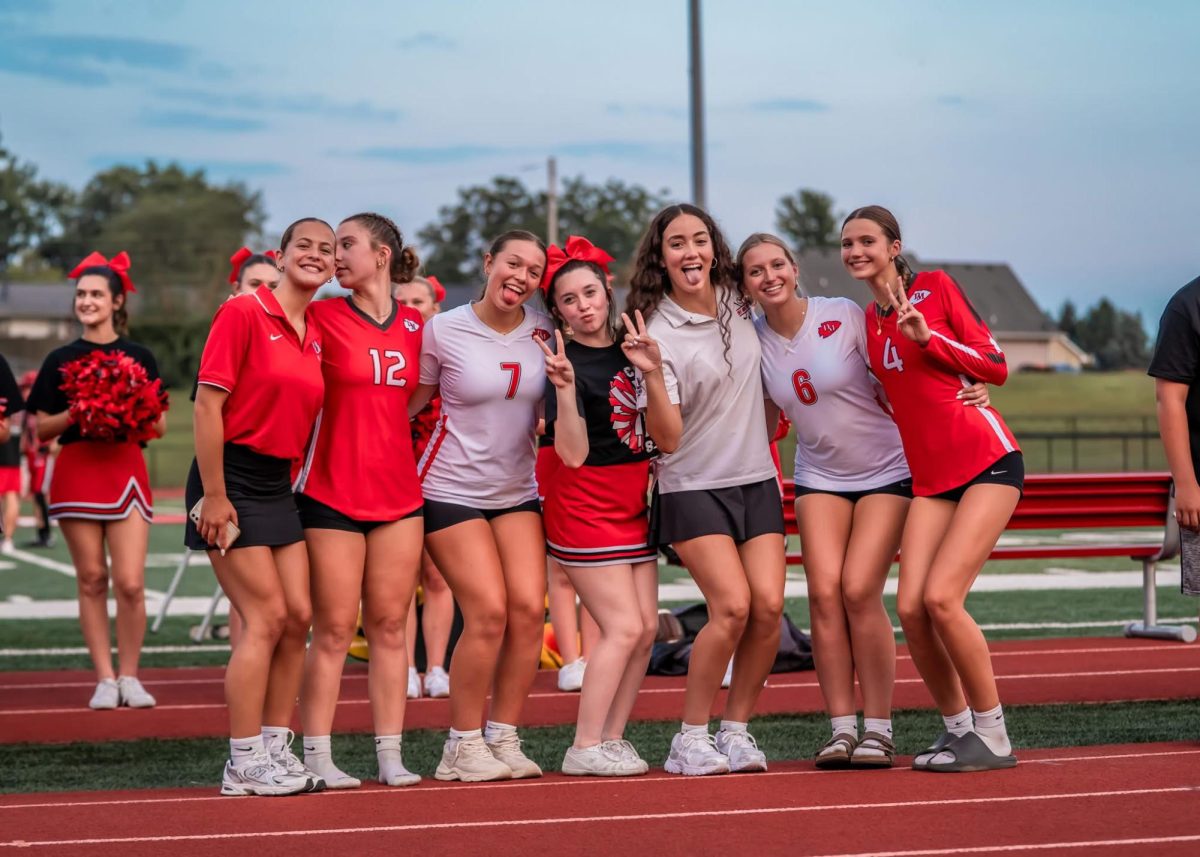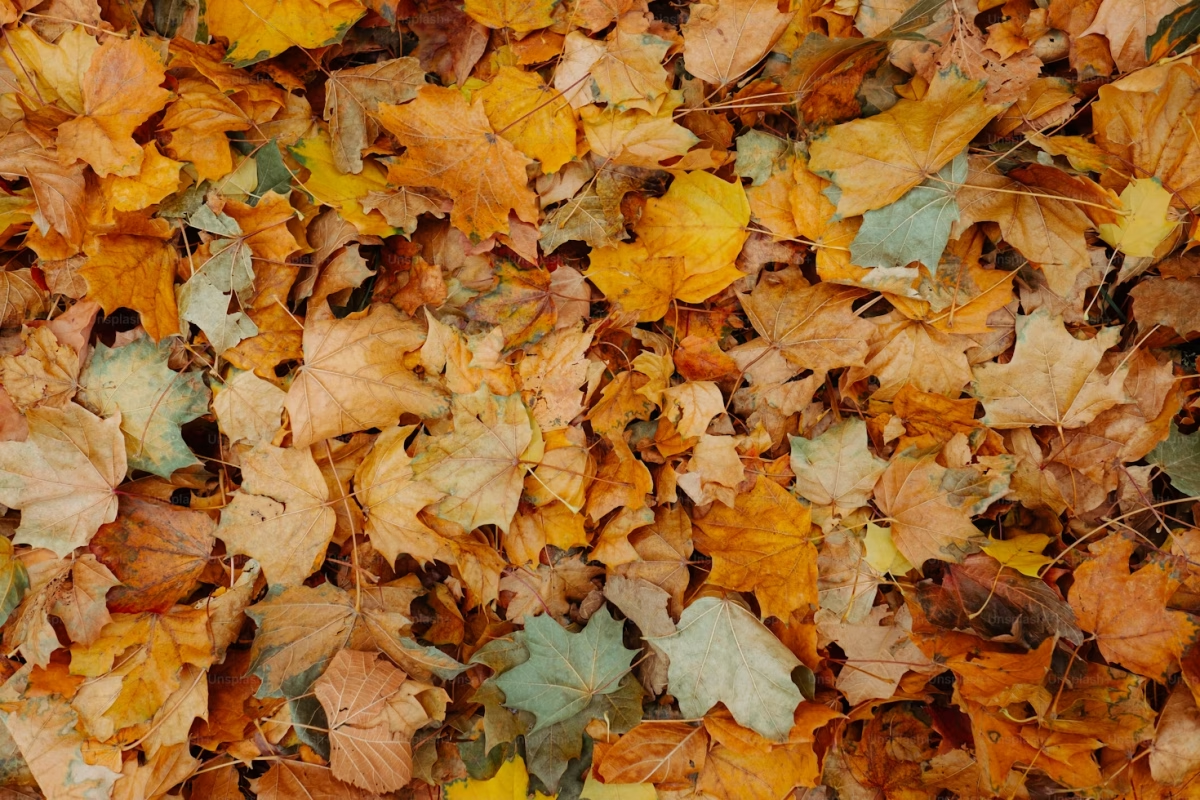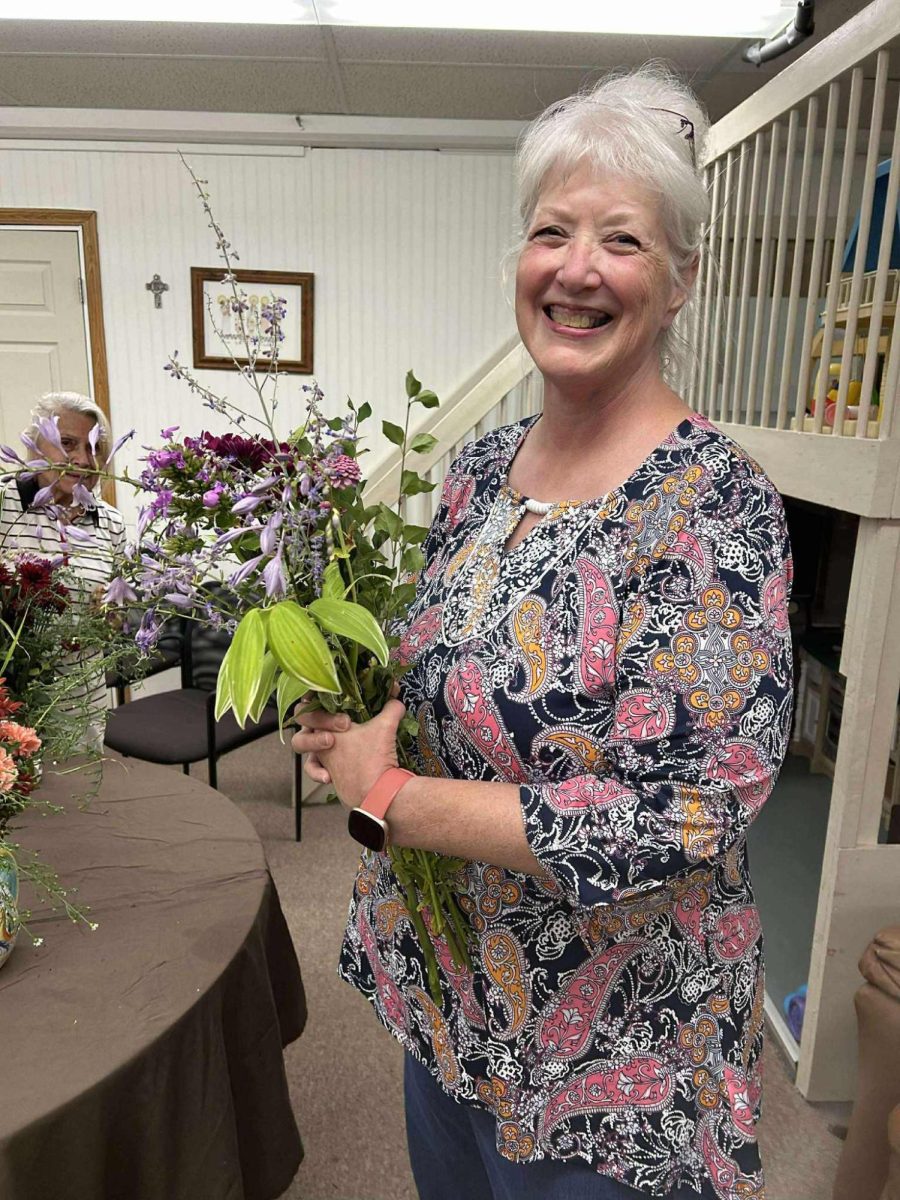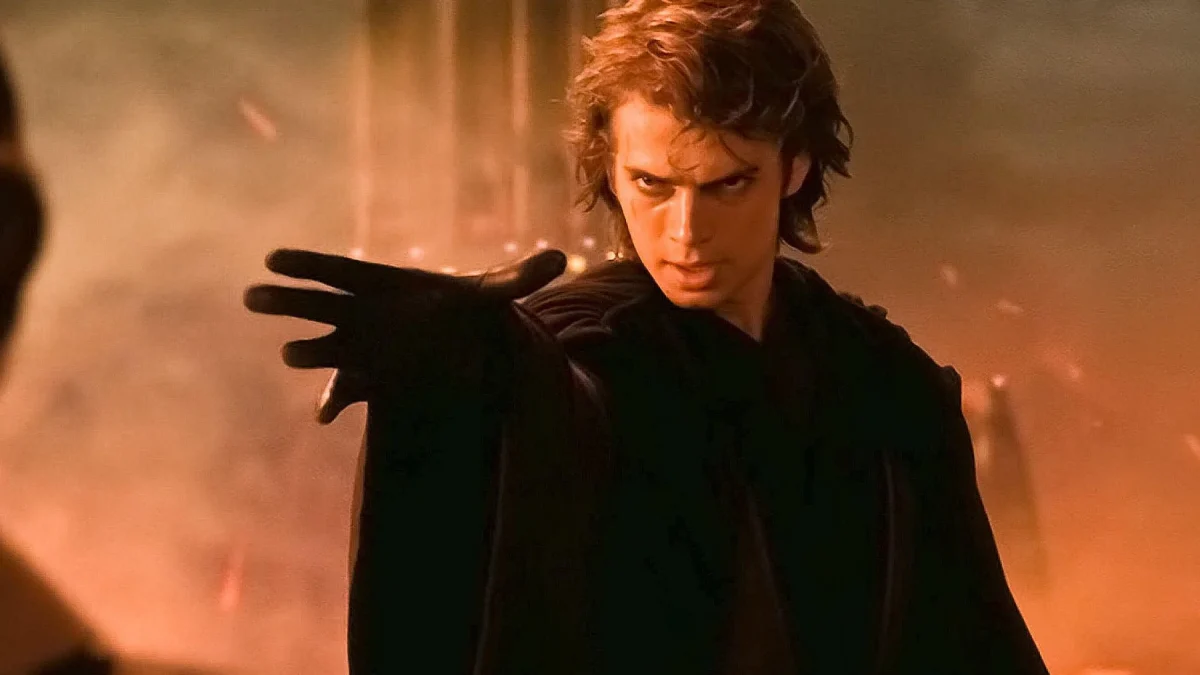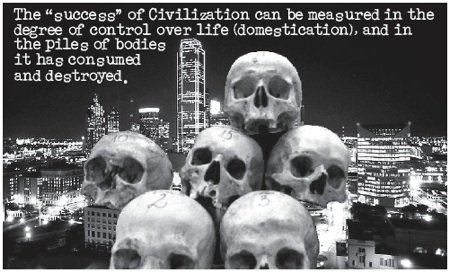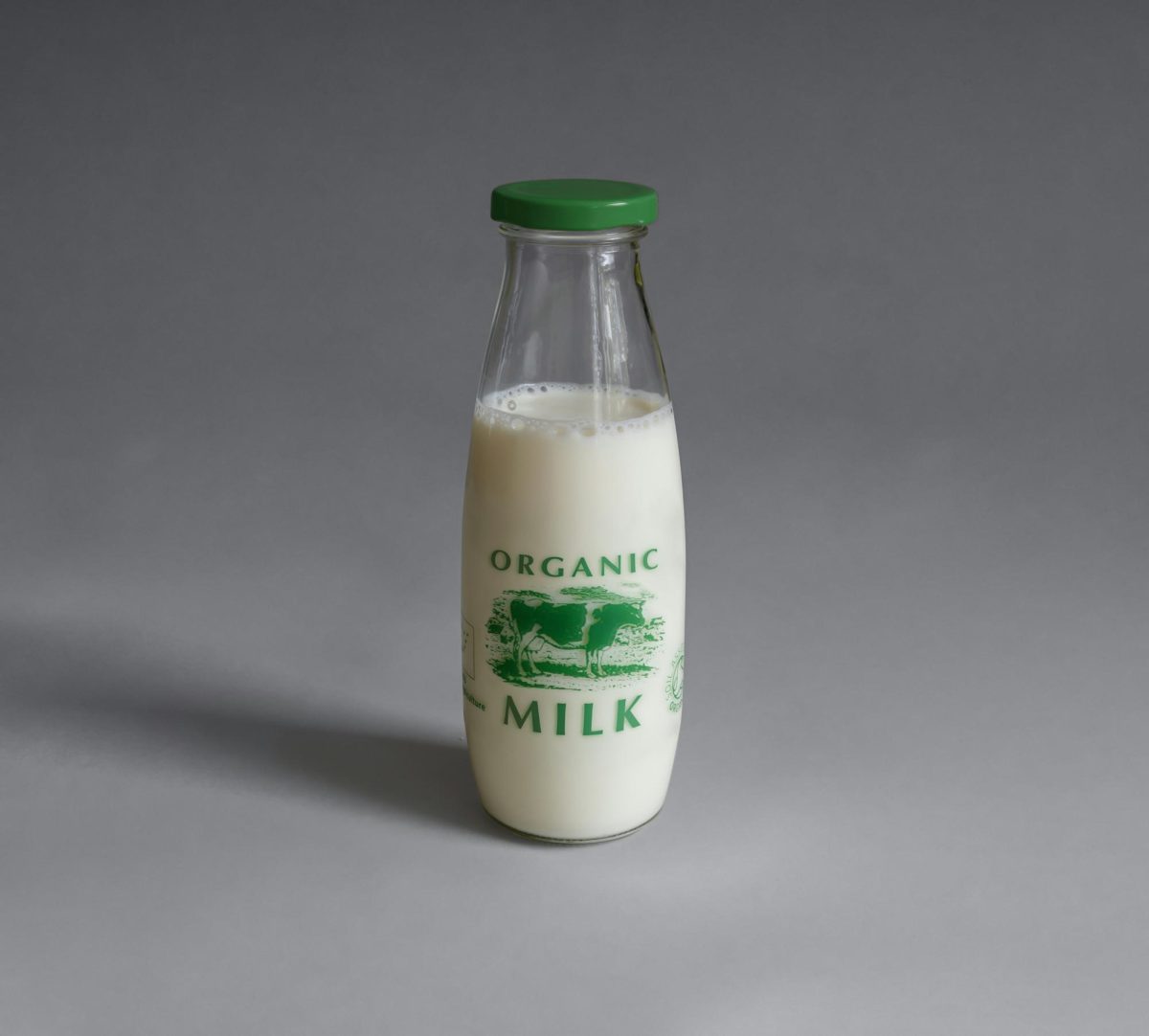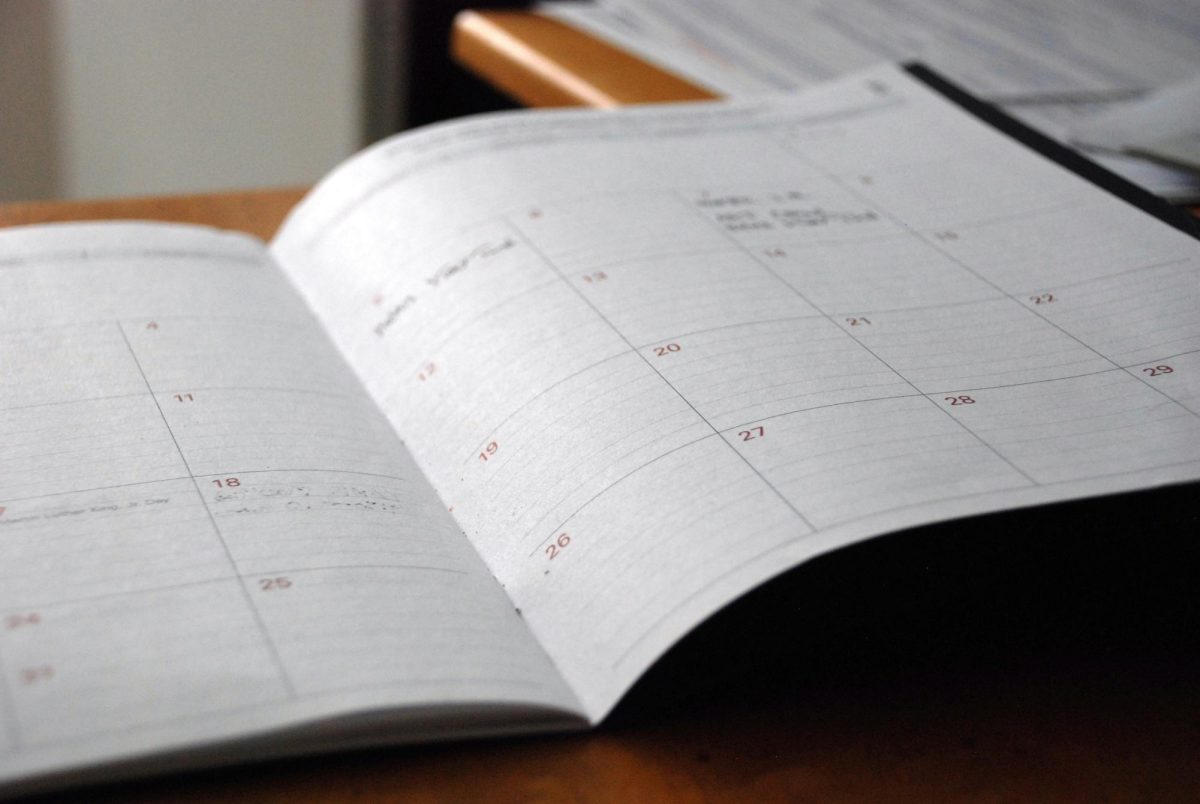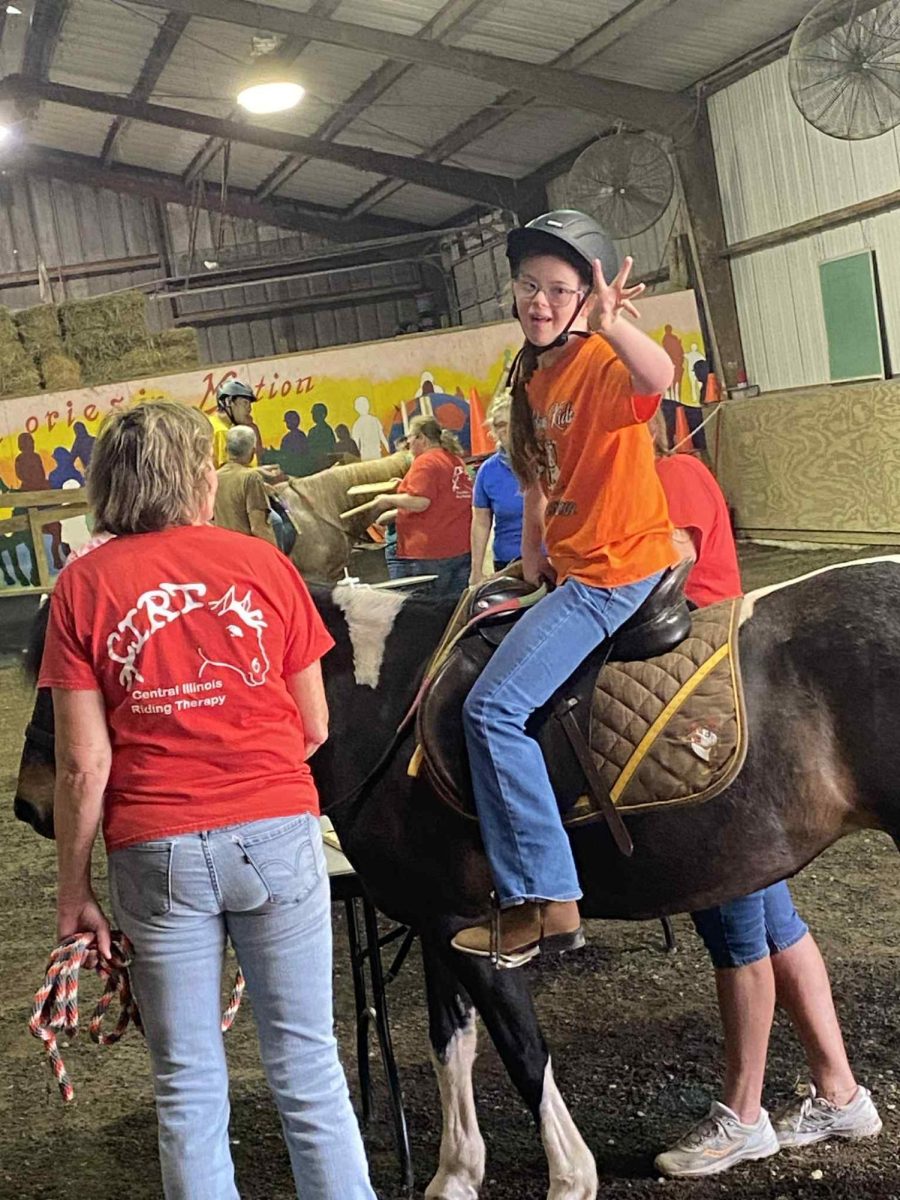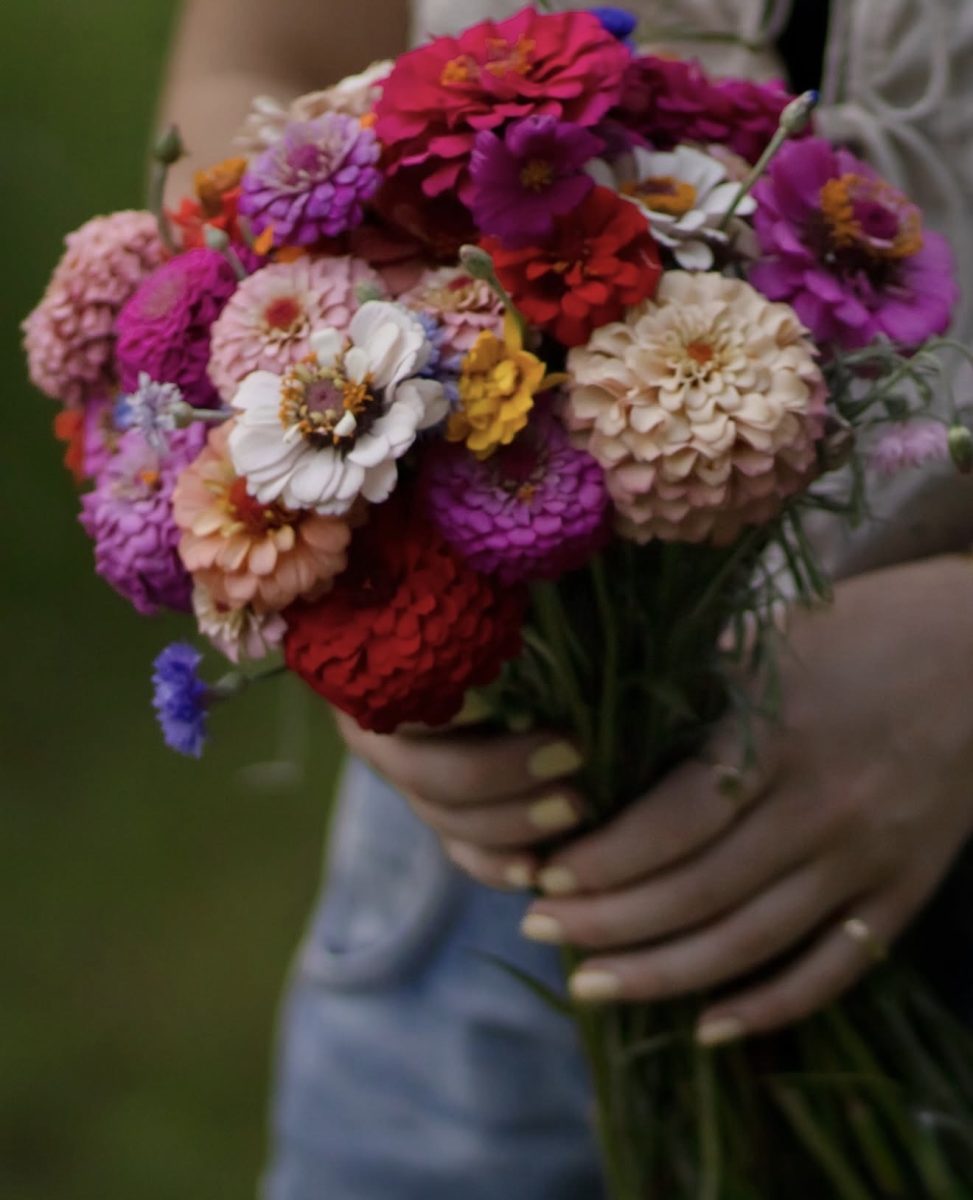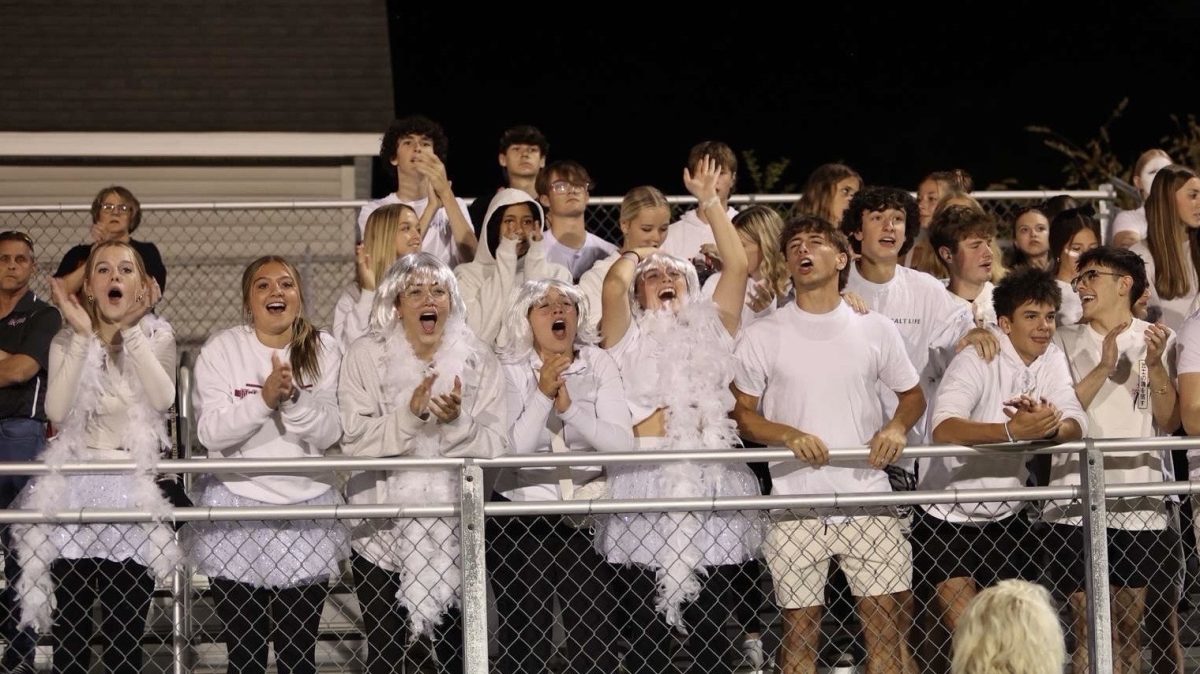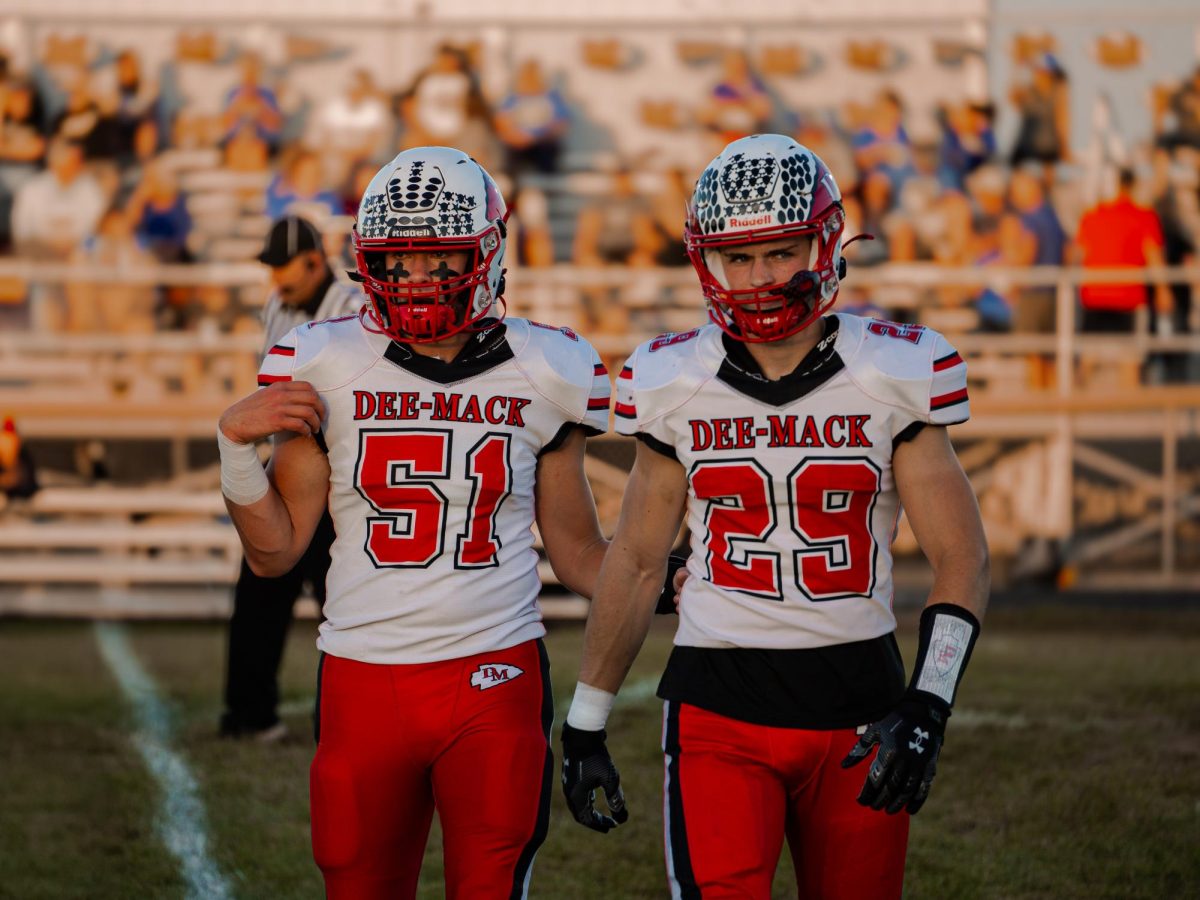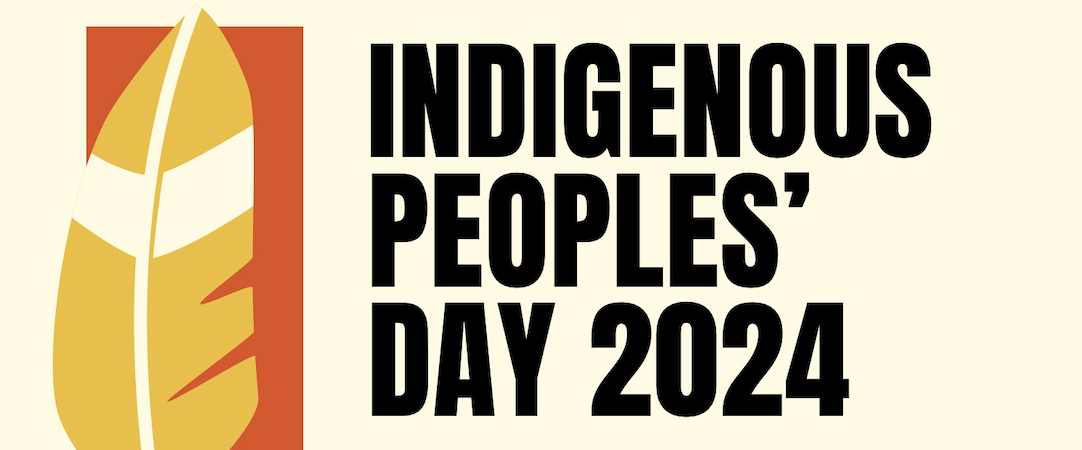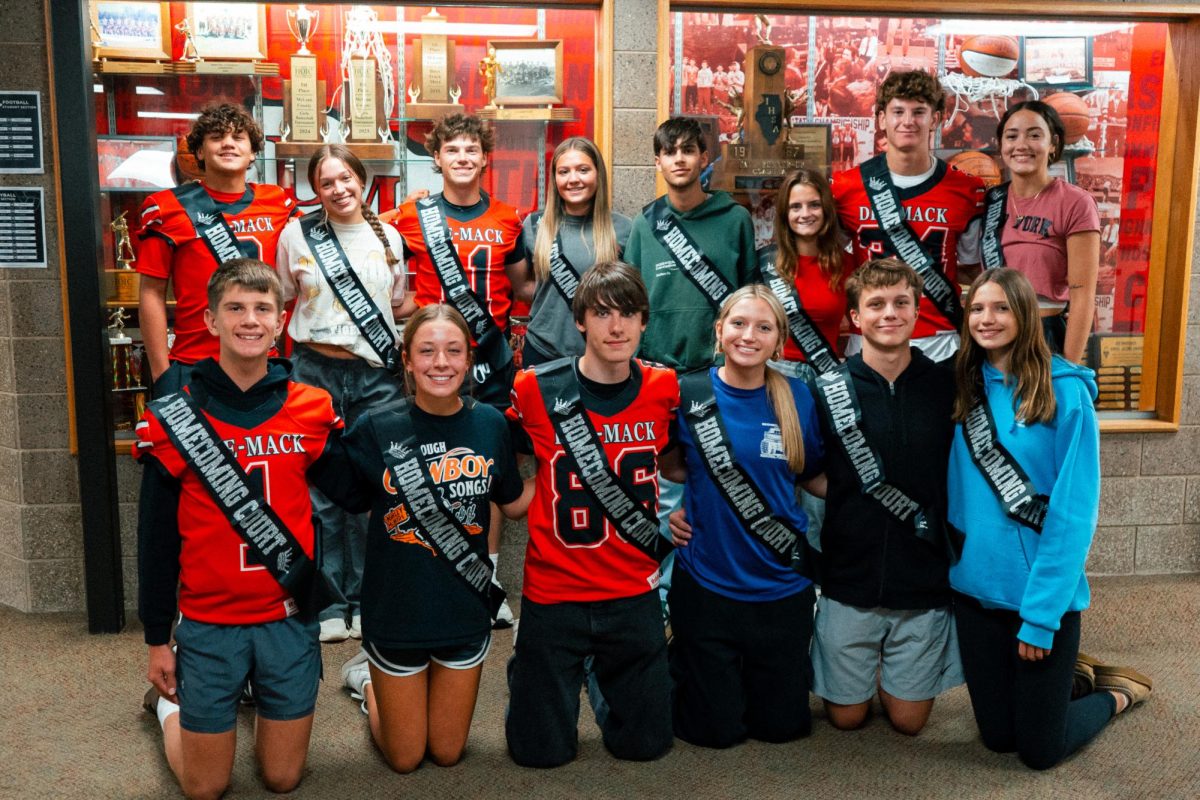The alternative holiday to Columbus Day is known as Indigenous People’s Day. Indigenous People’s Day recognizes the presence of Native Americans within our country.
According to Today.com, it honors the presence and contributions of Indigenous People across America. Native Americans across the nation celebrate their community and teach the history of colonialism.
As explained in the Today article: “In 2021, President Biden issued a proclamation on Indigenous People’ Day and said his administration will continue to uphold its “solemn trust and treaty responsibilities to Tribal Nations, strengthening our Nation-to-Nation ties.” As a nation we are trying to show our support and appreciation for the Native American communities by giving them the recognition they deserve.
President Biden wrote that the Indigenous People “feed the soul of our nation”.
What about Columbus day, some ask?
Columbus Day was celebrated since President Roosevelt announced the first national observance of the holiday which then led it to becoming a national holiday in 1937. In 1977, Indigenous people brought their concerns to the United States conference to address the discrimination they feel because of said holiday.
A citizen of the Chickasaw Nation and Director of the UCLA American Indian Studies Center, Shannon Speed, discusses how although Christopher Columbus was an explorer of America, him and his people also took part in pillaging, sexual assault, and homicidal actions. The Indigenous People had the right to be upset because why would anyone want to celebrate something like that?
A total of 17 states are beginning to recognize the Indigenous people each year on the second Monday of October, some choosing to celebrate it instead of Columbus Day and others celebrating the two in tandem. Illinois is not one of these states, despite the state’s namesake coming from the Illiniwek, a group of 12 smaller tribes that lived in villages along the Illinois River.
The history of the United States pre-dates Columbus, beginning with Indigenous nations that spanned across the continent. With cultures, traditions, and entire languages lost since the arrival of Columbus, Indigenous Peoples’ Day is a time to celebrate survival and resilience, the refusal to be erased from history.
Canada, Australia, and New Zealand are countries that also recognize holidays for Indigenous communities, and every year on August 9th, the UN recognizes a worldwide celebration of Indigenous Peoples all over the globe.
For more information, visit:



